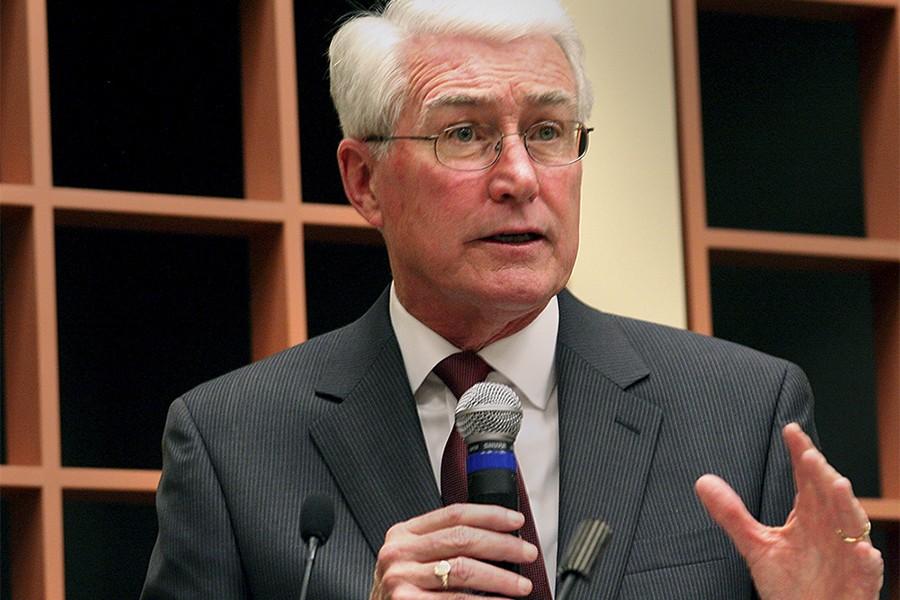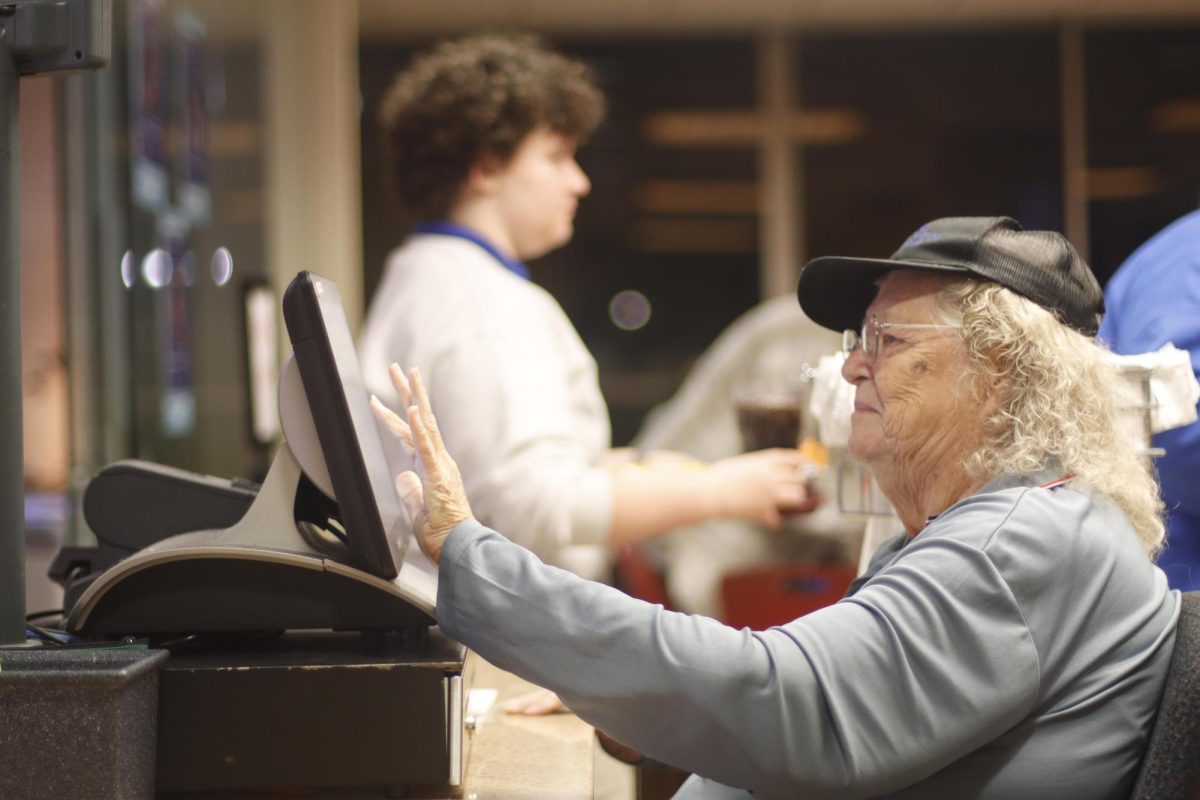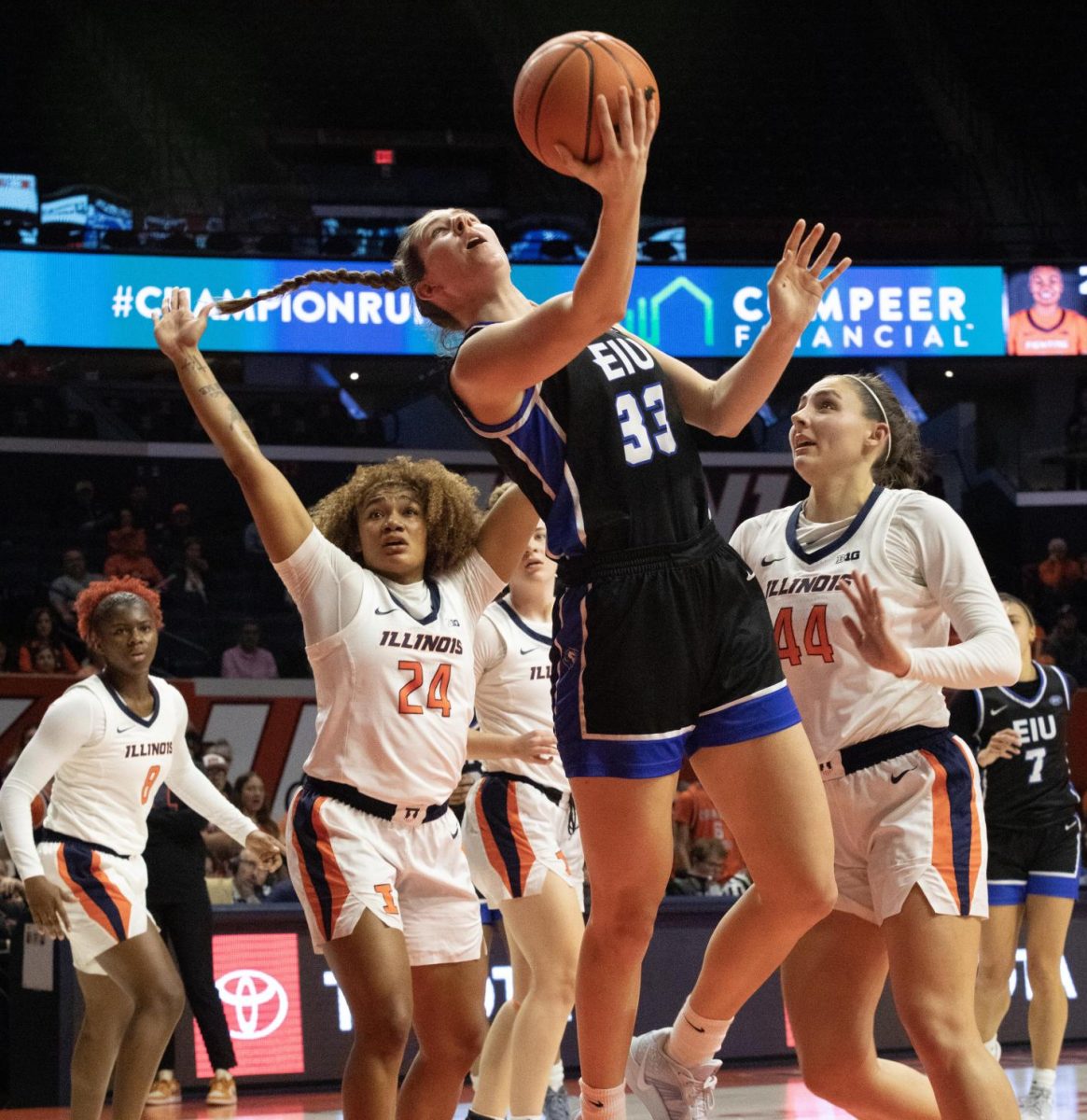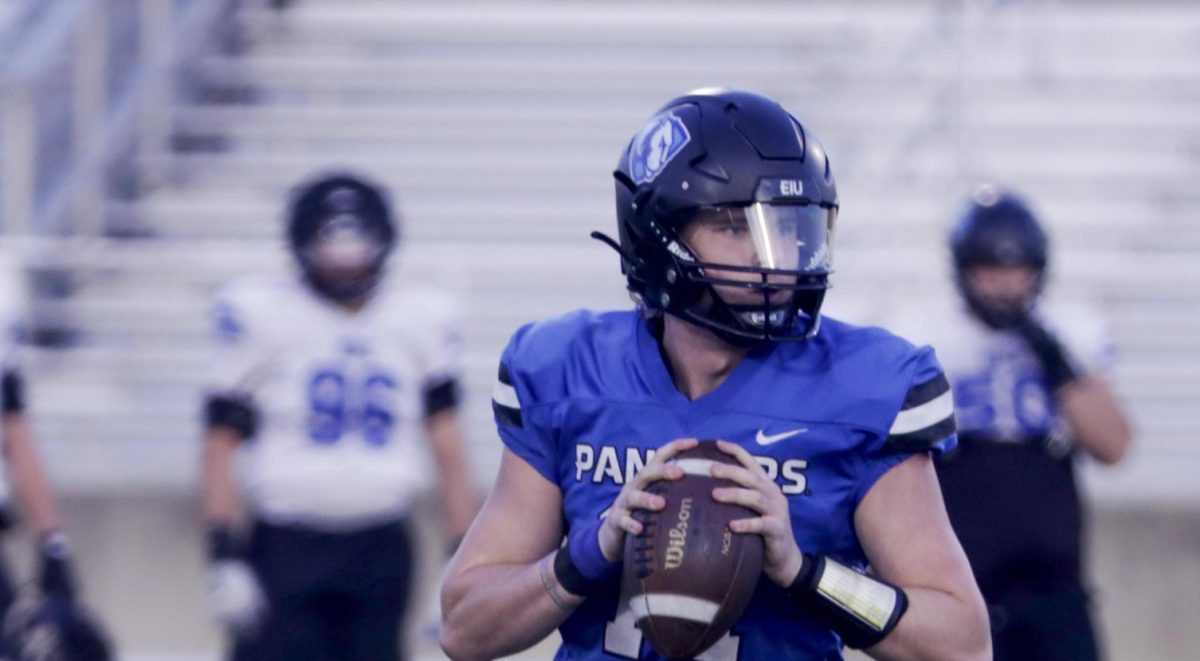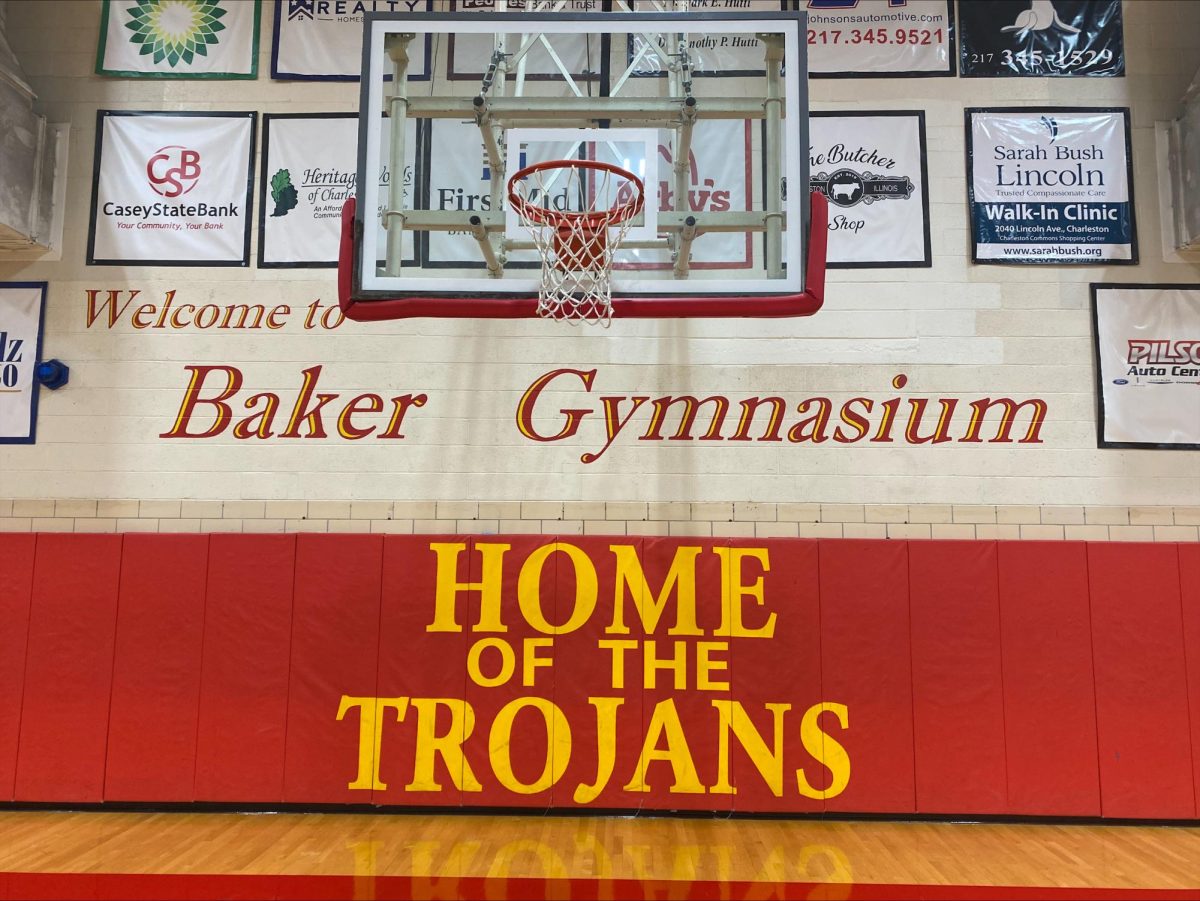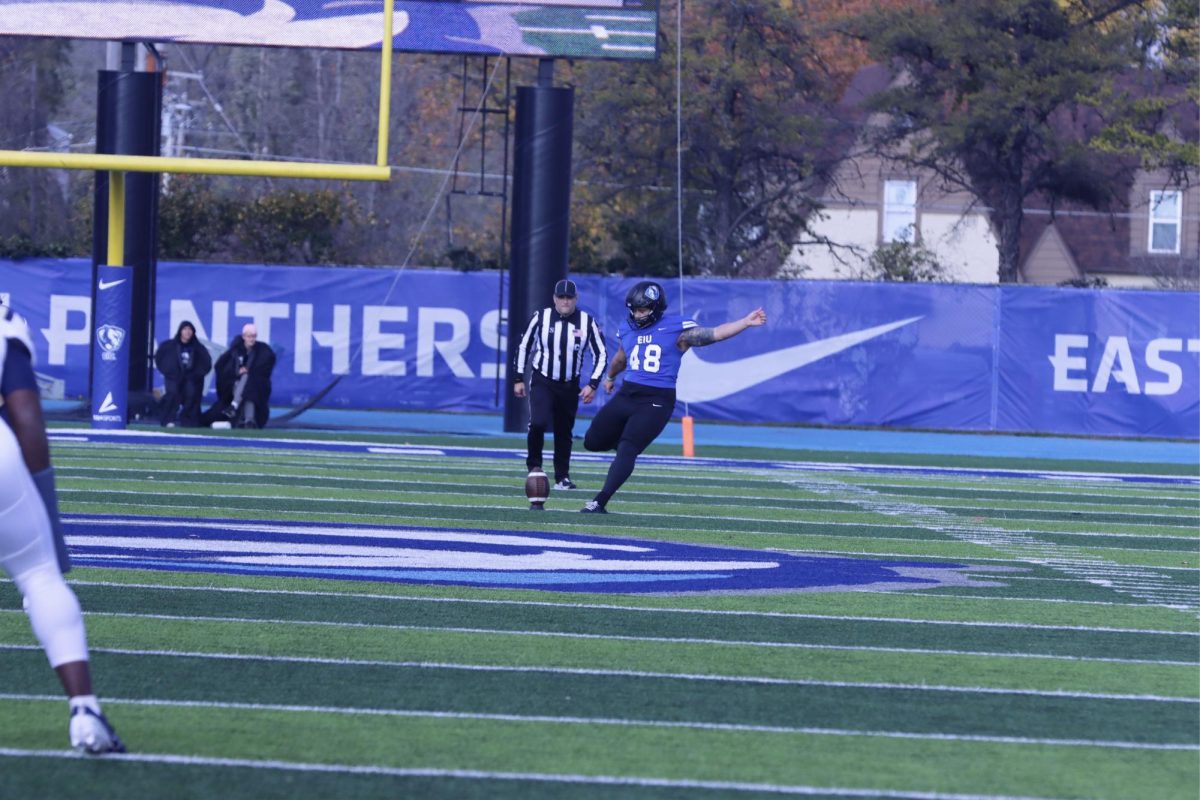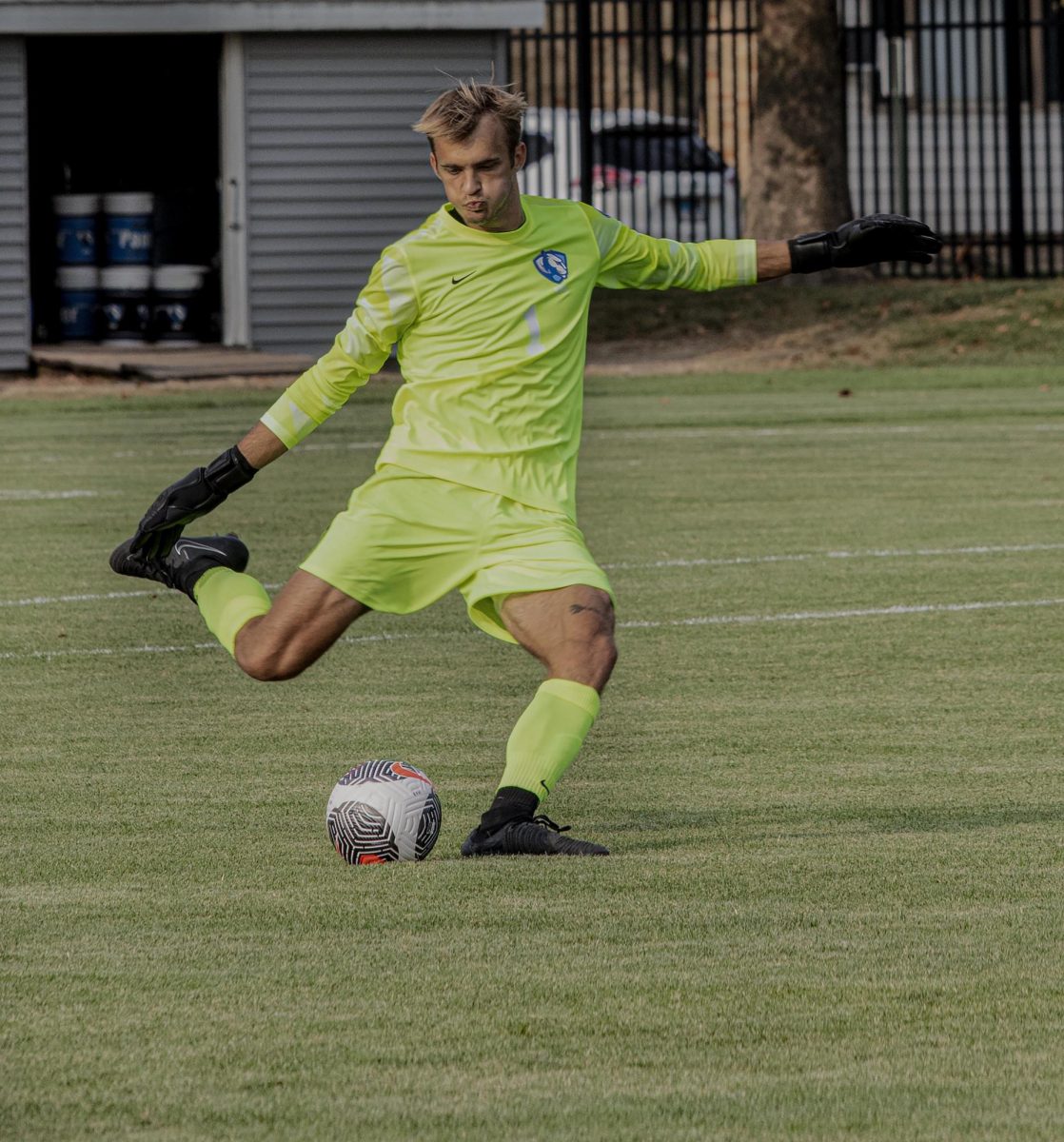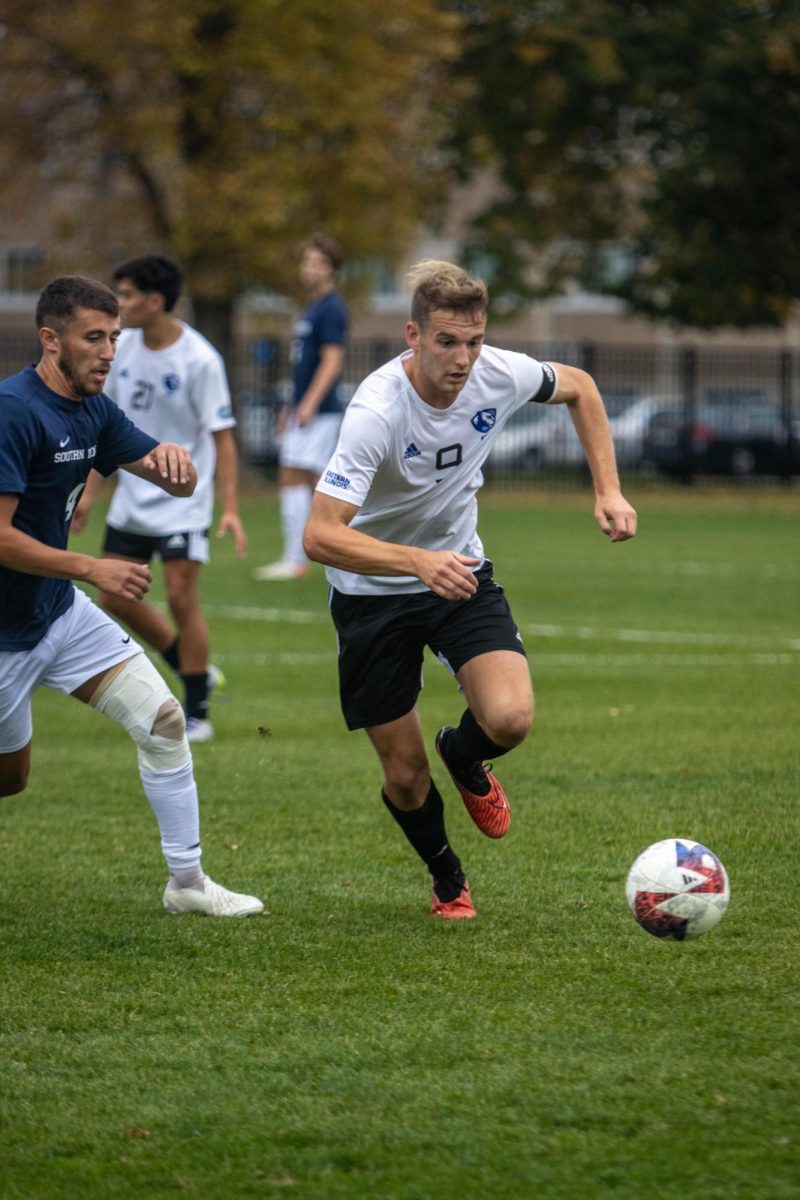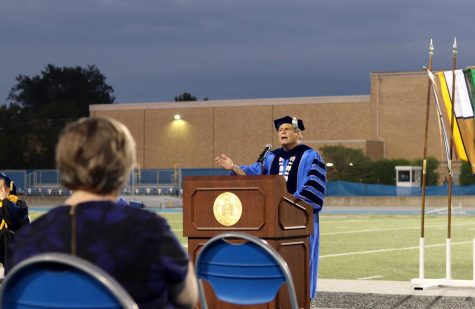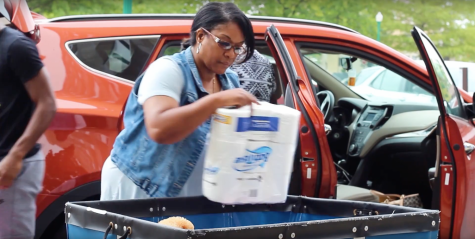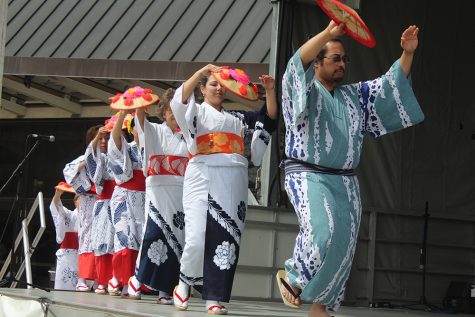Grad students make progress at Eastern
More people are going to graduate school now then ever before. Eastern’s graduate school program has grown to its largest number and best reviews since its start.
Ryan Smith is in his final semester as a political science graduate student. What made him decide to go to graduate school is not that different than a lot of other people.
“I thought I would get a leg up in terms of teaching,” said Smith. ” I want a masters degree, especially if it benefits me professionally.”
Rodney Ranes, director of graduate admissions, can understand where Smith was coming from. As a former graduate student from Eastern, Ranes thinks that going into a graduate program will not only help within a person’s field of study, but it will also with their professional life.
“A graduate degree can apply if one likes research, cause it can certainly help with that,” said Ranes. “But it gives a more up professionally and will help you earn more money. Grad school is a good way to develop personally and professionally.”
What is behind Eastern’s graduate program? Well the program is sponsored to help the 1,756 graduate students further their education. The Graduate School, which is located on the first floor of Blair Hall, is where the application and admission processes take place. Students can go there also if they need help with graduate assistantship, keeping grades up and graduation, said Ranes.
The particular department a person wishes to study determines everything else, including the actual acceptance and the specific programs. The department also determines the amount of students and classes within a field of study. The same goes for graduate assistants.
A graduate assistant is a graduate student who in exchange for working between 12-20 hours a week for the department doing whatever task is given to them, is given a complete tuition waver and stipend, or money to live on. A graduate assistantship can last anywhere from a semester to two years, depending on which department hires the student and what their tasks are, said Ranes.
Most graduate assistant jobs are doing research, like what Smith does in the political science department.
“I do a lot of research,” said Smith. “Some have different jobs, like administrative tasks, taking a book back to the library for a professor, some grade papers and if there is a day where the professor cannot be there, the GA will show a film. One of the grad assistants offers tutoring, but we mostly do research conducted by a professor. Help them out in terms of finding information.”
Smith is one of the only five graduate assistants in the political science department. He explains that they make up a somewhat comradery between them that helps make a really good working environment.
Not all graduate assistants are prone to doing research though. In the English department, the Writing Center is filled with graduate assistants, working their way through school by tutoring undergraduate students with their papers.
Emily Ramage, an English graduate student and a graduate assistant in the Writing Center, said the writing center makes up most of the graduate assistants in the English department. Some teach introductory classes, such as 1001 and 1002, and some do research for professors, but most of the time people will be working in the writing center.
Ramage likes Eastern’s smaller graduate program compared to the bigger schools like University of Illinois graduate school. Ramage and fellow English graduate student Kathy Rodems said, “We love the personal level of attention here. The graduate program is very personable, every professor knows you so you don’t get caught up in the shuffle. Dr. Chris Hanlen, especially, is one person who helps us out a lot. He is the graduate student advisor and he will bend over backwards for you and all he says in return is ‘it was my pleasure.’ He is so awesome!” That is the feeling you get studying in the program, you matter, Ramage and Rodems continued.
There are also organizations within the graduate program to help with student, faculty and the program’s betterment. The main organization is the graduate student advisory council, or GSAC. Ranes has been the advisor for the organization for the past two years.
Ranes said the council “helps break the barriers between the different departments and talk about problems and ways to better the program.”
Each department sends one or two representatives to sit on the council. It has been quite productive since it started 10 years ago. However, that is not the only organizations directed toward graduate students.
Last year, the English department graduate students started up their own organization, the English graduate student organization, or EGSO. Rodems is the president, and said the organization’s main goal is “to create a support network for English graduate students, main thing fundraising, and when they present papers at conferences we can support them there as well.”
Smith, reflecting on his graduate level education, said, “Since I got into the program, I can see how it influenced my thinking. Not related to the rigor or work but to how you approach and examine issues.”




